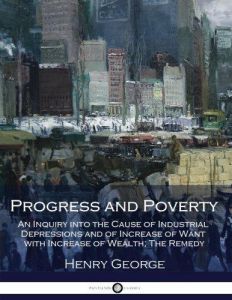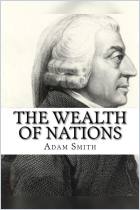加入 getAbstract 阅读摘要

加入 getAbstract 阅读摘要
Henry George
Progress and Poverty
An Inquiry into the Cause of Industrial Depressions and of Increase of Want with Increase of Wealth; The Remedy
CreateSpace, 2017
看看什么内容?
Taxing land to reduce wealth inequality is a 19th-century idea that resonates in the 21st.
Recommendation
Political economist Henry George’s 1879 treatise on landownership was controversial, but it quickly became a bestseller in both the United States and Great Britain. It even inspired one of the most successful board games of all time, Monopoly. Yet its insights remain evergreen. George’s central message is that income inequality and poverty in a society become more acute as its wealth increases. His penetrating observations of the 19th-century settlement of the American West easily apply to the 21st century’s new Wild West — the global digital economy.
Summary
About the Author
Henry George (1839–1897) was an American political economist who achieved enormous popularity with this book and its themes. He toured the United States and elsewhere, gaining acclaim in Europe and particularly in Ireland. He also ran, unsuccessfully, for public office.


















Comment on this summary